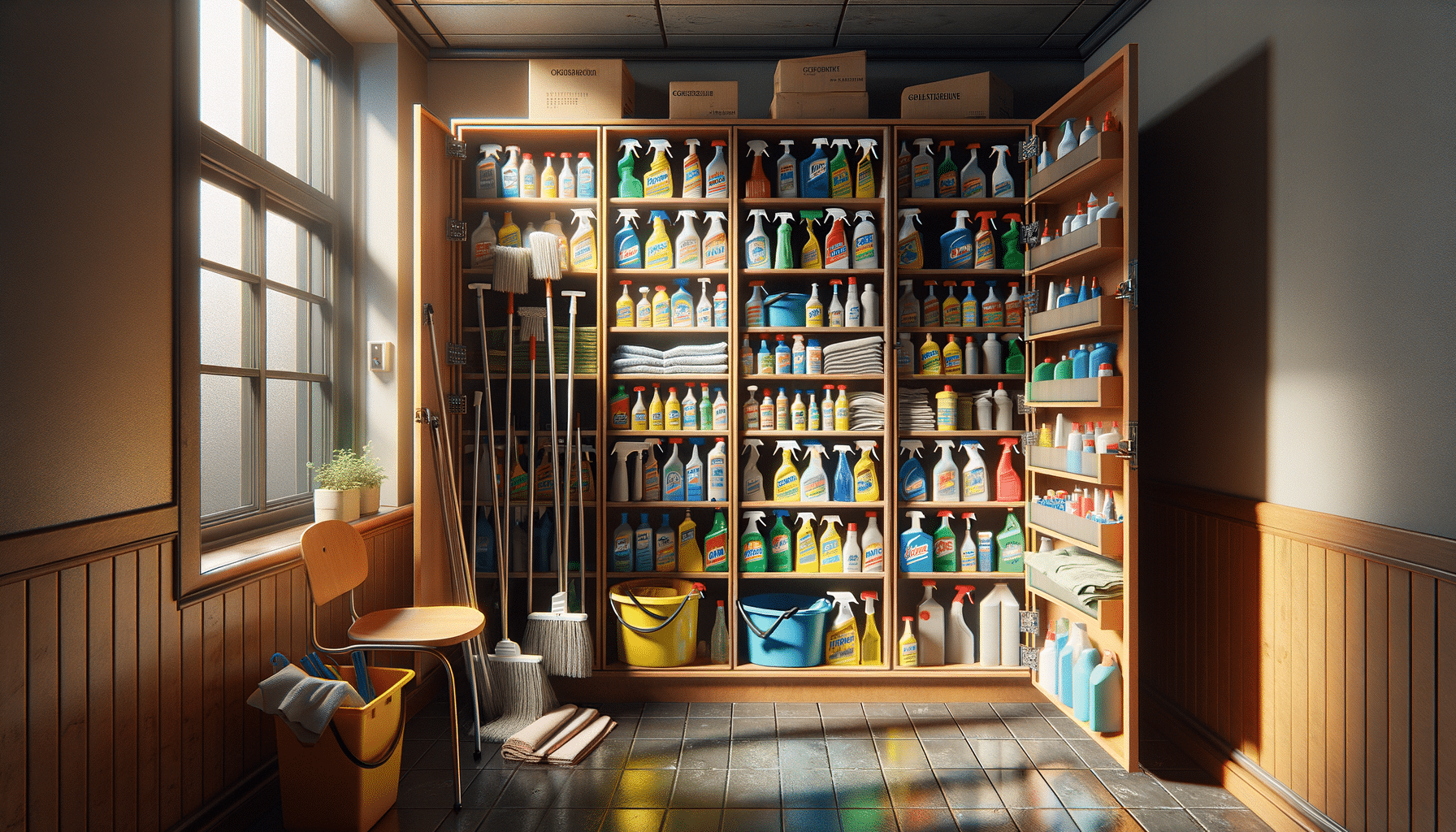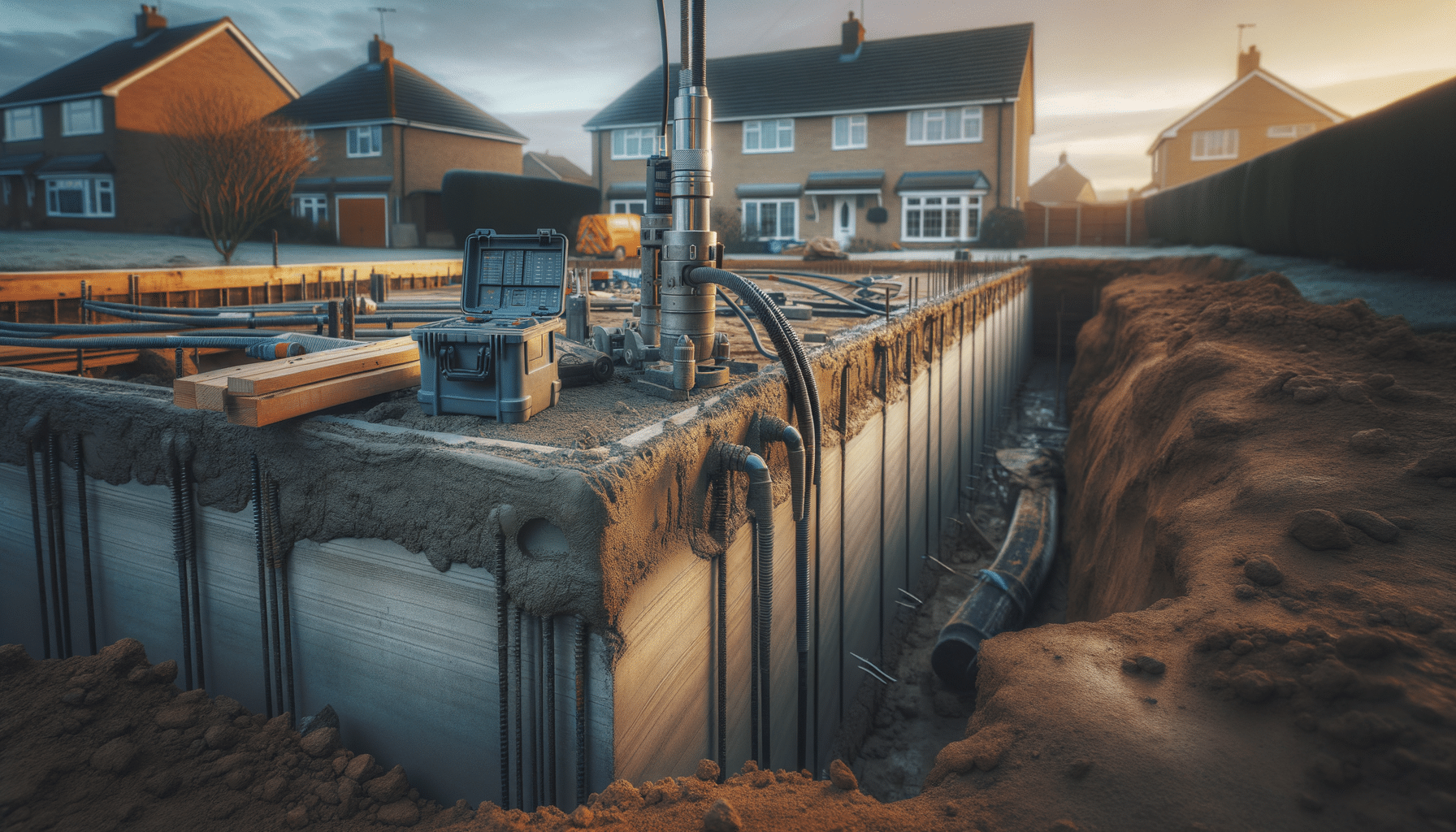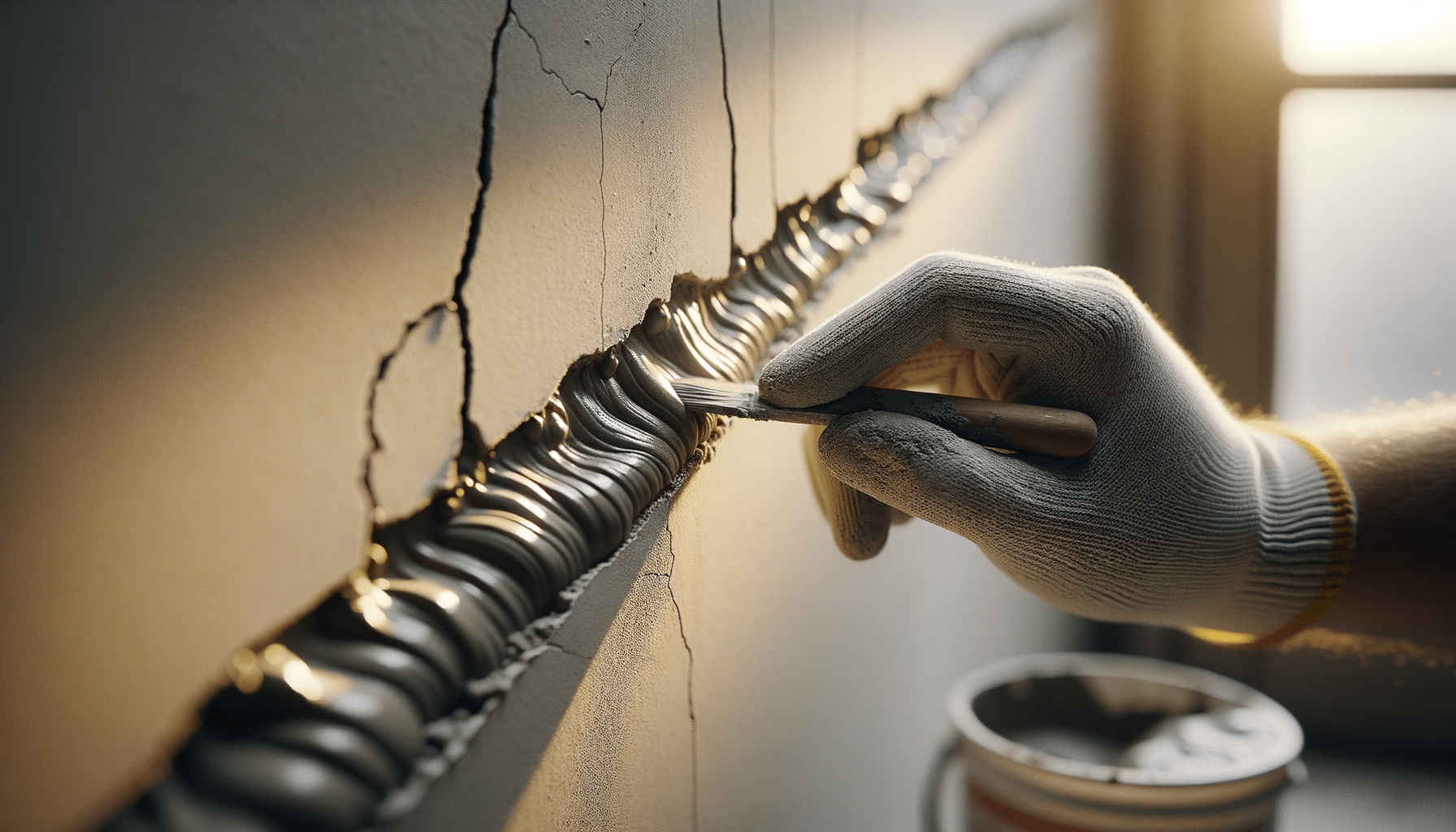
Learn About Cleaning Jobs
Introduction to Cleaning Jobs
Cleaning jobs are an essential part of maintaining the hygiene and aesthetics of various environments, from homes and offices to hotels and public spaces. The importance of cleaning jobs cannot be overstated, as they contribute significantly to health and safety by ensuring that spaces are free from dirt, germs, and clutter. In this article, we will explore the different aspects of cleaning jobs, their relevance, and the skills required to excel in this field.
Types of Cleaning Jobs
Cleaning jobs come in various forms, each with its own set of responsibilities and requirements. Residential cleaning involves maintaining private homes, which includes tasks like vacuuming, dusting, and sanitizing bathrooms and kitchens. Commercial cleaning focuses on office buildings and business spaces, often requiring specialized equipment for tasks such as carpet cleaning and window washing.
Another category is industrial cleaning, which deals with larger, more complex environments such as factories and warehouses. This type of cleaning job often requires knowledge of hazardous materials and safety protocols. Additionally, there are specialized cleaning jobs in settings like hospitals and schools, where maintaining strict hygiene standards is crucial.
- Residential Cleaning
- Commercial Cleaning
- Industrial Cleaning
- Specialized Cleaning
Each type of cleaning job plays a vital role in its respective environment, ensuring that spaces are not only clean but also safe and welcoming for occupants.
Skills and Qualities Required
Cleaning jobs require a unique set of skills and qualities to perform effectively. Attention to detail is paramount, as cleaners must ensure that even the smallest corners are free from dirt and grime. Time management is another critical skill, as cleaners often have to complete tasks within a specified timeframe.
Physical stamina is essential, as cleaning jobs can be physically demanding, involving tasks such as lifting, bending, and standing for extended periods. Additionally, good communication skills are beneficial, especially when interacting with clients or team members. A positive attitude and reliability are also valued in this industry, as they contribute to a productive and harmonious work environment.
- Attention to Detail
- Time Management
- Physical Stamina
- Communication Skills
- Reliability
Developing these skills can lead to career advancement opportunities within the cleaning industry, such as supervisory roles or specialized cleaning positions.
The Economic Impact of Cleaning Jobs
Cleaning jobs have a significant economic impact, providing employment opportunities for a diverse workforce. The cleaning industry is a substantial contributor to the economy, with millions of people employed in various cleaning roles worldwide. This industry supports both full-time and part-time employment, offering flexibility for individuals with different needs and schedules.
Furthermore, the demand for cleaning services continues to grow, driven by increased awareness of hygiene and sanitation, especially in light of recent global health concerns. This growth presents opportunities for entrepreneurs to start their own cleaning businesses, contributing to economic development and job creation.
The cleaning industry also supports other sectors by purchasing cleaning supplies and equipment, further stimulating economic activity. Overall, cleaning jobs play a crucial role in the economic landscape, providing essential services that support public health and safety.
Conclusion: The Future of Cleaning Jobs
The future of cleaning jobs looks promising, with technological advancements and increasing awareness of hygiene standards driving growth in the industry. Automation and innovative cleaning technologies are enhancing efficiency and effectiveness, allowing cleaners to deliver superior services.
As the demand for professional cleaning services continues to rise, there will be a need for skilled and dedicated individuals to fill these roles. By developing the necessary skills and embracing new technologies, cleaning professionals can look forward to a rewarding and stable career.
In conclusion, cleaning jobs are not only vital for maintaining cleanliness and hygiene but also for supporting economic growth and employment. As this industry evolves, it will continue to offer opportunities for those willing to work diligently and adapt to changing demands.


